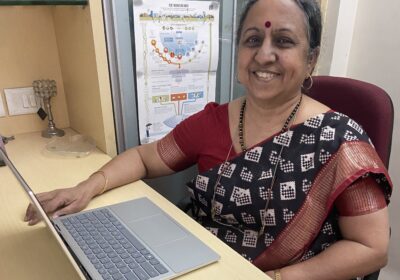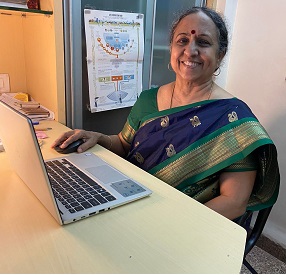I am going through a course where I am getting mentored on several skills. In one of the sessions a participant asked the mentor “Can you help me do ……?” (She asked for a specific job she needed done) And the mentor answered:
“I would love to do this for you. But I cannot DO your jobs for you. You need to learn, ask for help, practice and then do it. Only then will you be able to do things independently.”
I thought to myself – This is partially true for the skills of literature searching and referencing, and for our courses on these topics. While my colleagues and I can do jobs for you (searching for references; citing and referencing) – there are three points worth mentioning:
- Only when you learn these skills, can you outsource them right. By telling us (or any other skilled people) – what exactly are the kinds of references you need, what are the specific needs for referencing, and more. If you do not learn these skills, the way you ask for help will often be non-specific. Your expectations could be unreal. And if we do the job for you, there could be mismatches. One example that comes to my mind is when people have asked me for searches on superiority (in PubMed which we search most often) of a drug molecule. I had to tell them that only if there ARE references on superiority, can we retrieve them. Also there is no search filter for superiority, and one has to browse through all articles comparing two (or more) molecules
- In order to learn, one has to practice and work on what one has learnt. Bruce Lee said: “I fear not the man who has practiced 10,000 kicks once, but I fear the man who has practiced one kick 10,000 times.” Ray Bradbury quotes: “If you want to be good, you have to practice, practice, practice.”
- Try applying your learning in several contexts. When you learn something new. When you encounter a patient with something unusual. Use all these opportunities to try searching.
Importantly “Ask for help”! For those enrolled for QMedCourses – we offer mentoring time. We have helped participants accomplish complex search queries. They learnt from the lessons in www.qmedcourses.in, worked on strategies and sent them to us. We checked their work, have had online meetings and showed them where they needed to incorporate corrections and improvements. Many did a great job, creating complex search strategies for systematic review authoring.
Remember – Learn and practice. It is the shortest way to master something!





